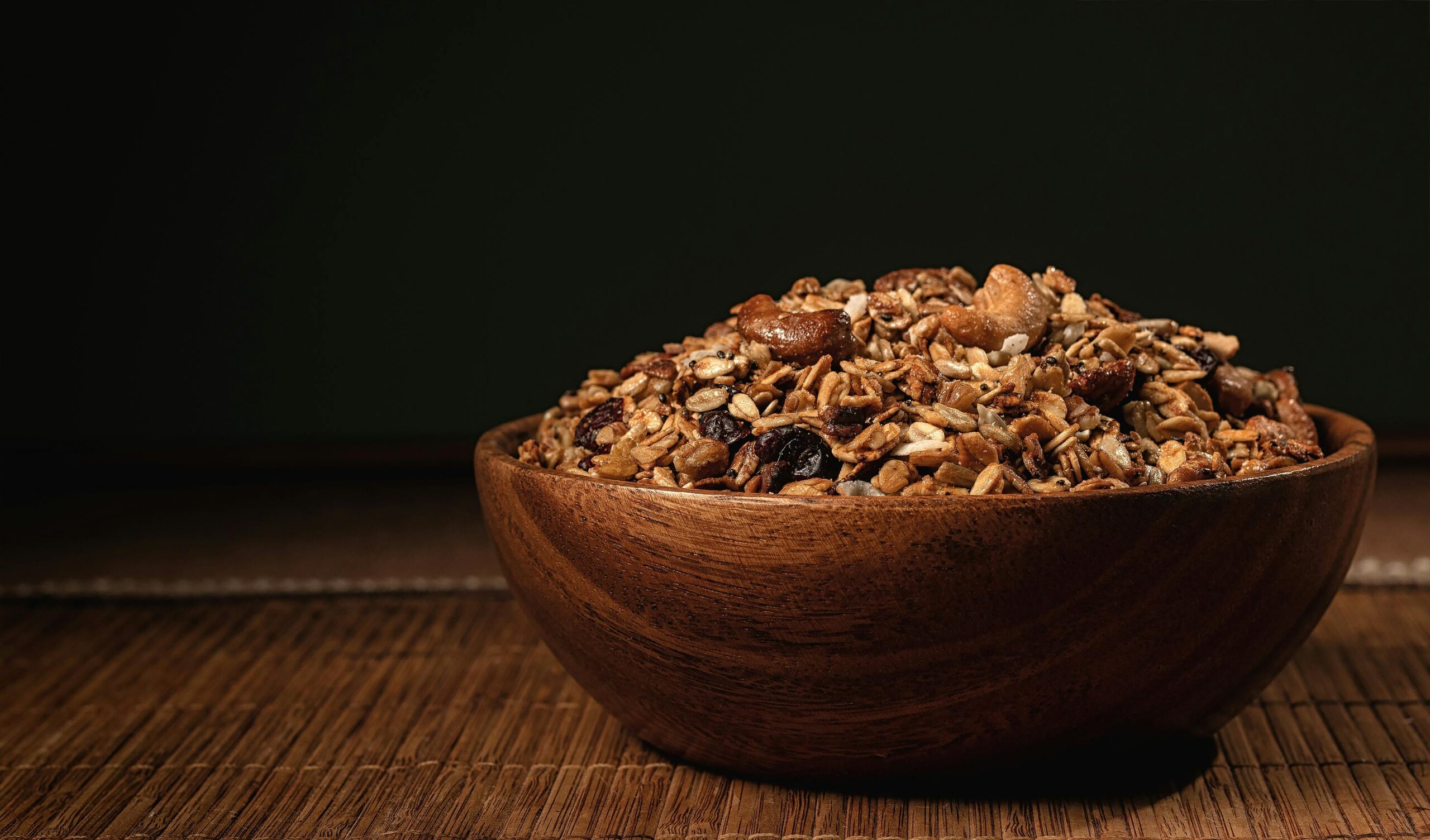Shocking Truth About Your BMI – What the Number Doesn’t Tell You

Shocking Truth About Your BMI – What the Number Doesn’t Tell You
Why Your BMI Might Be Misleading You in 2025
Most of us know our BMI (Body Mass Index) as the magic number that tells us whether we are underweight, normal, overweight, or obese. It’s fast, easy to calculate, and widely used. But here’s the shocking truth — your BMI alone doesn’t tell the full story about your health.
Let’s break down what BMI really means, what it hides, and why millions of Indians are being misled by their numbers.
📏 What Is BMI, Really?
BMI is a simple formula:
BMI = Weight (kg) / Height (m²)
According to the standard scale:
- Below 18.5 = Underweight
- 18.5 – 24.9 = Normal
- 25 – 29.9 = Overweight
- 30 and above = Obese
Sounds simple enough, right? But here’s what it doesn’t tell you.
⚠️ 1. BMI Doesn’t Measure Body Fat Accurately
Two people can have the same BMI but completely different body compositions.
- One might have more muscle mass,
- While the other has more fat and less muscle.
👉 So, a fit athlete and someone with excess fat can both show “overweight” on the BMI scale.
🧠 2. BMI Ignores Where the Fat Is Stored
Not all fat is equally dangerous. Fat around the abdomen (visceral fat) increases the risk of:
- Heart disease
- Type 2 diabetes
- High blood pressure
BMI doesn’t distinguish between belly fat and fat in other areas—so a “normal” BMI person could still have high health risks.
🧬 3. BMI Doesn’t Account for Age, Gender or Ethnicity
Indians, on average, are more likely to carry fat around the waist even at lower BMIs. That’s why doctors now suggest lower BMI cut-offs for South Asians:
- Overweight: 23 – 24.9
- Obese: 25 and above
Additionally:
- Women tend to have higher body fat than men, even with the same BMI
- Elderly people lose muscle but BMI may still look “normal”
👉 Same number ≠ same risk for everyone.
🧪 4. BMI Doesn’t Reflect Metabolic Health
Some people with “normal” BMI have:
- High cholesterol
- High blood sugar
- Poor stamina
- Low vitamin levels
Others with “high” BMI may have perfect lab reports and strong cardiovascular fitness. This is often referred to as “metabolically healthy obesity”.
🧘 5. Mental and Lifestyle Health Is Ignored
BMI focuses only on weight and height—not sleep, stress, diet, or exercise habits. A person with:
- Regular exercise
- Balanced diet
- Low-stress lifestyle
might have a higher BMI, but far better health than someone sedentary with a “perfect” BMI.
✅ So What Should You Do Instead?
Don’t rely on BMI alone. Use these better indicators of health:
- Waist-to-Height Ratio (waist should be less than half your height)
- Body Fat % (via smart scales or fitness scans)
- Blood Tests (sugar, cholesterol, vitamin D, etc.)
- Fitness Measures (heart rate, stamina, flexibility)
💡 Combine these with BMI for a complete health picture.
🩺 Final Thoughts
BMI is a helpful starting point, but it’s not the full truth. Don’t let a number define your health. Use it as a guide, not a verdict.
Your lifestyle, body composition, and daily habits matter much more than your BMI value. So the next time you check your BMI, ask yourself:
👉 “What else do I need to look at?”





